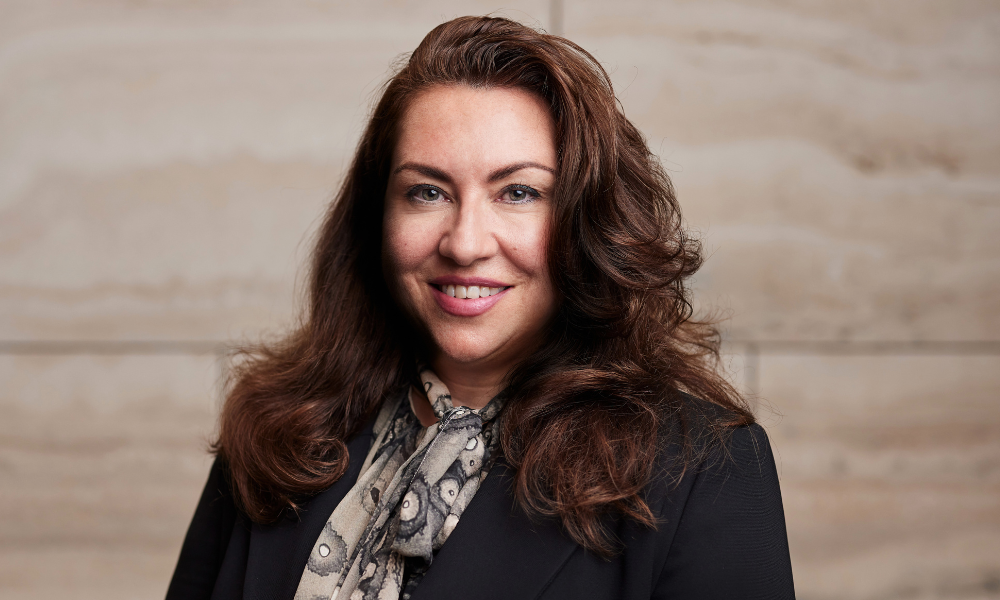
'We say that strategy guides us and culture drives us,' says HR leader

Culture and strategy are so important to REA Group that they’re talked about as being the two engines of a twin-engine plane.
“We say that strategy guides us and culture drives us,” says Mary Lemonis, chief people & sustainability officer. “From our perspective at REA, they’re absolutely critical.
Building a high-performance culture and fostering engagement is a continuous journey, she says.
“I don't think you'll ever reach the destination, there are always ways that you can improve.
“What’s been really helpful for us over the last five years at REA is being clear about the differences between engagement and culture, because they are different, and we’ve been really intentional about the way we talk about that and measure those differences so that we can then continue to improve.”
REA is a digital advertising company with over 3000 professionals. It operates property websites in the USA, Asia, Australia and Europe.
When Lemonis joined over five years ago, she says there was already a very high level of engagement.
“Typically, in any given year, [engagement] is over 85% and you would expect you would have a strong culture that underpins that.”
The organisation started measuring culture in 2015, says Lemonis, which gave insight into potential barriers to further improvement. She appreciated having a CEO who really believed in the importance of understanding the difference between engagement and culture.
“When we looked at the opportunity to better understand our underlying culture, she was thoroughly convinced that was the right way to go,” says Lemonis, who adds that REA is an organisation that never rests on its laurels, always stiving to move forward.
“We all work and live in the business and we can see opportunities, things that we knew we could probably be doing better.
“I think getting a data source to be able to confirm those hypotheses would be my advice to anyone who is looking to make any type of cultural change. You firstly have to understand what is your current state, and then define your ideal state.”
The next step is to form a plan and make sure it’s constantly reviewed, she says, and data is key to measuring its success.
“I think any form of data that allows us to have an objective view with scale information is really compelling.”
Whether targeting culture or engagement, leaders have a vital role to play, says Lemonis.
“We believe that leaders are absolutely central to our ability to drive positive culture and a positive engagement in the business. And I think that's never been truer than in a post-Covid world. If you think about the employee experience, we can design the best experience in the world but the deployment of that experience is typically felt through the leader.
“So if a leader isn't showing up in the way that we're intending for them to show up, it doesn't matter what we've designed.”
Lemonis likens the work on performance and culture to ‘a big bowl of spaghetti’ where if one strand is pulled, it pulls many others with it.
“I think the challenge and the opportunity is to continuously repurpose connections for people in the threads of the way that we present the work,” she says, stressing the importance of always having sight of the bigger goal.
“For instance, if we're running a talent accelerated programme for up-and-coming leaders, how do we tie that back in to driving a high-performance culture? So I think it's the discipline of constantly coming back to the bigger reason of why we're doing things.”
As well as being prepared to change tack in terms of strategy to achieve organisational goals, flexibility has proved just as vital in her own professional career, says Lemonis. Opportunities to work overseas proved life changing, she says, advising other emerging practitioners to be just as flexible.
“I would say be open to opportunities, even if they’re not necessarily things that you may have thought were on your opportunity horizon list. For me, one of the pivotal moments that happened early on in my career was the chance to go and work in Shanghai.
“That particular chapter was a game-changer for me in terms of not only working in a different market and in a different context, it probably started a love affair with Asia that I otherwise wouldn’t have had for many years. Personally, it was a massive growth opportunity, as well as professionally.”